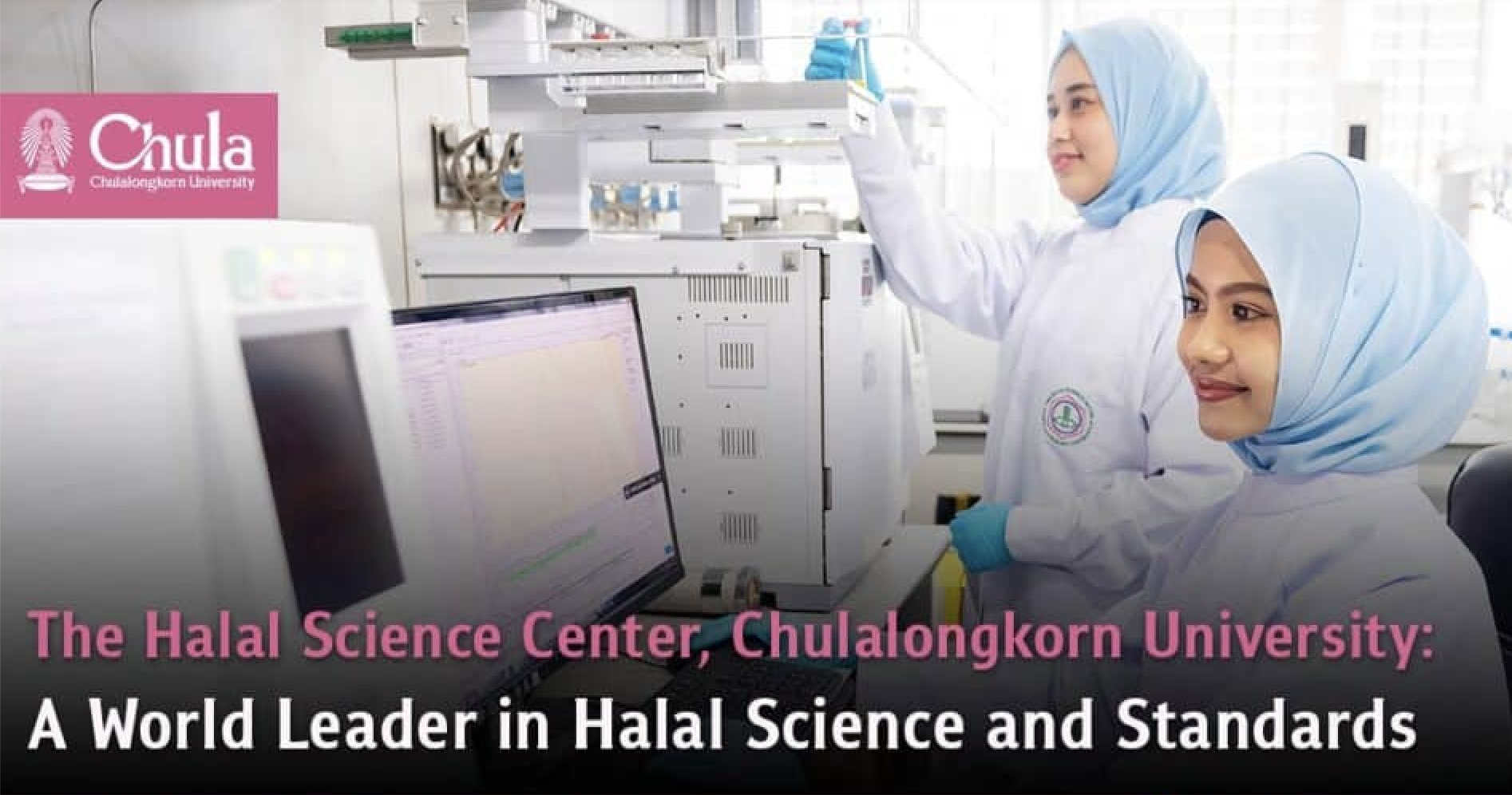Thailand
Cluster Officers
 University Name:
University Name: - University Representative Name:
 Farm Name:
Farm Name: - Farm Representative Name:
Thailand has a rich agricultural heritage deeply rooted in its cultural and economic fabric. Traditionally, agriculture in Thailand has been characterized by diverse practices, including rice cultivation, fruit orchards, and aquaculture. These practices have sustained rural livelihoods for generations and contributed significantly to the country’s food security.
However, with growing concerns about environmental degradation, climate change, and resource scarcity, Thailand has embarked on a progressive journey towards adopting green technology to enhance the sustainability of its agricultural sector. This shift towards sustainable agriculture is driven by the recognition of the need to balance economic development with environmental conservation and social well-being.
One notable area of advancement is the adoption of green technology in rice cultivation, which is a cornerstone of Thailand’s agricultural sector. Traditional rice farming methods often relied on chemical fertilizers and pesticides, leading to soil degradation and water pollution. In response, innovative approaches such as organic farming, integrated pest management, and precision agriculture have gained traction. These methods prioritize environmental stewardship by reducing chemical inputs, conserving water resources, and promoting soil health.
Furthermore, Thailand has embraced renewable energy technologies to power agricultural operations sustainably. Solar panels and biogas digesters are increasingly utilized on farms to generate clean energy while reducing reliance on fossil fuels. Additionally, advancements in irrigation systems, such as drip irrigation and smart water management technologies, help optimize water usage and minimize wastage.
The promotion of agroecology and agroforestry practices also plays a crucial role in Thailand’s sustainable agriculture agenda. These approaches integrate trees, crops, and livestock to enhance biodiversity, soil fertility, and resilience to climate change. By diversifying agricultural landscapes and incorporating natural ecosystems, farmers can mitigate environmental risks and improve overall farm productivity.
Moreover, Thailand’s commitment to sustainable agriculture is evident in its policy framework and support mechanisms. The government incentivizes farmers to adopt green practices through subsidies, training programs, and research funding. Collaborative initiatives between government agencies, research institutions, and civil society organizations further facilitate knowledge exchange and capacity-building in sustainable agriculture.
Thailand Cluster includes the Internationally renowned Halal Science Center at Chulalonggkorn University, the first Provincial University in North Thailand close to Agricultural activities and a startup farming project initiated under the Erasmus+ program, with funding from the European Union
Universities

Chulalongkorn University The Halal Science Center
The Halal Science Center, Chulalongkorn University, provides science and technology services to society. Its services are of three types: Halal forensic science laboratories, research and innovation, and services to external sectors.

Chiang Mai University
Chiang Mai University (CMU) was founded in January 1964, under a Royal Charter granted by His Majesty King Bhumibol Adulyadej. CMU is the first provincial university in Thailand, based on the government’s policy and the objectives of the northern people, as a centre for academic and occupational knowledge to benefit the region and the country as a whole. This university is a place for knowledge collection, studies, research, and knowledge transfer according to academic freedom based on morality and academic excellence, application and transfer, and arts and culture development.
Farms
SunSpace Farm
SunSpace Farm emerged as a dynamic start-up, stemming from the SunSpace project initiated under the Erasmus+ program, with funding from the European Union. This venture, born from collaborative efforts between Chiang Mai University and a consortium of eight institutions spanning Europe and Asia, embodies a mission to revolutionize agricultural education and training. The SunSpace project is dedicated to equipping farmers with the knowledge and tools necessary to embrace new technologies effectively.
Farm 2
Introduction
Farm 3
Introduction
